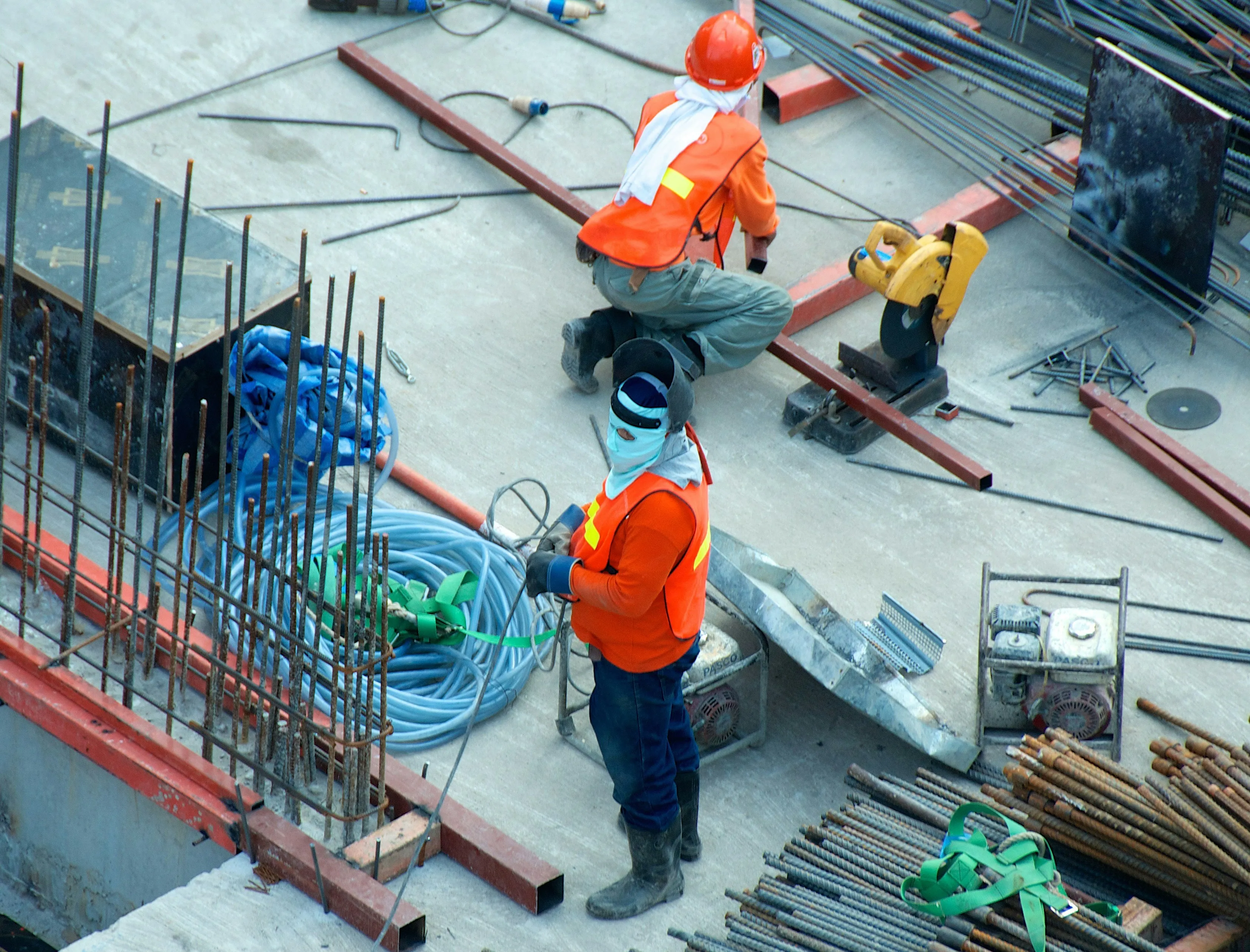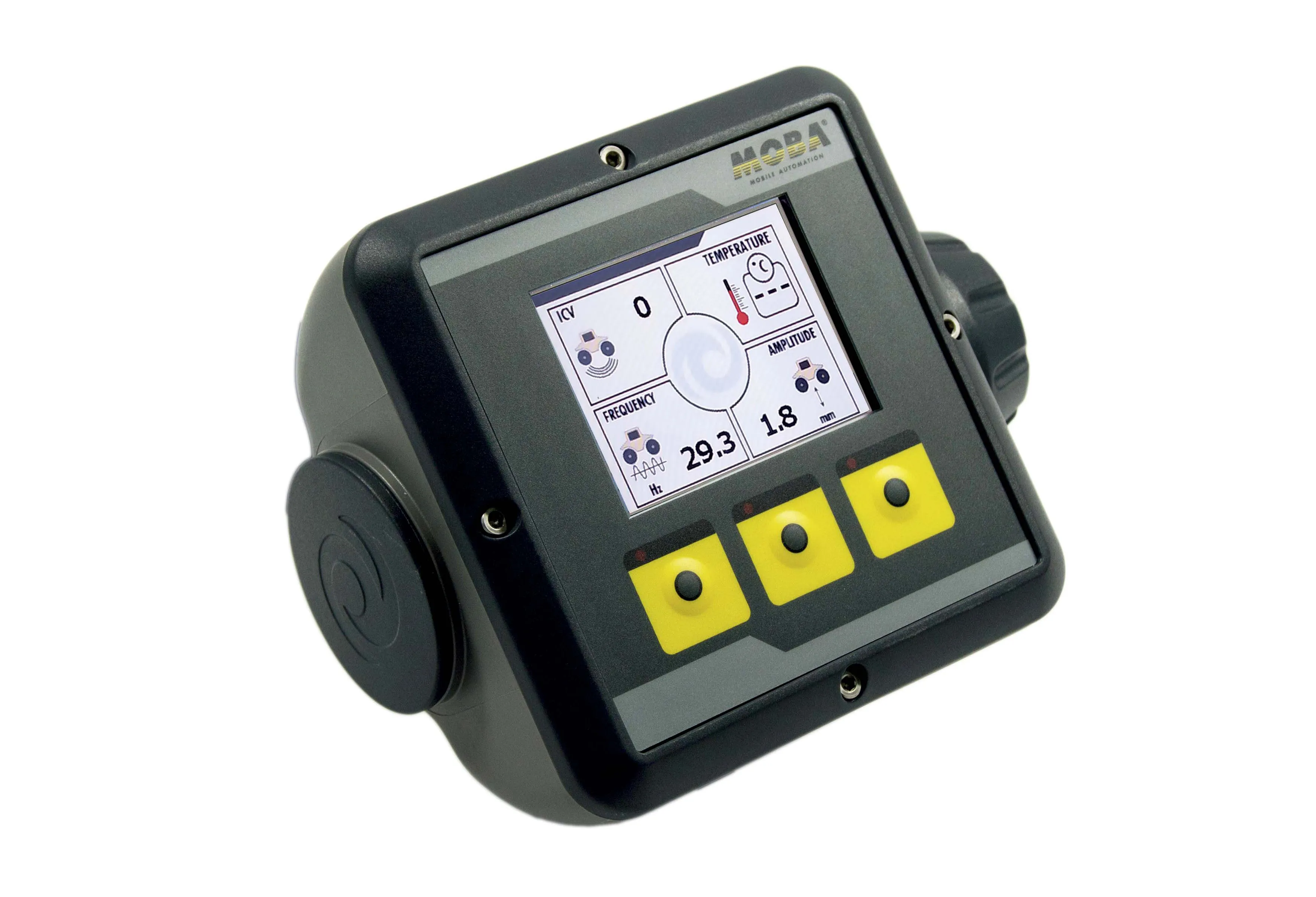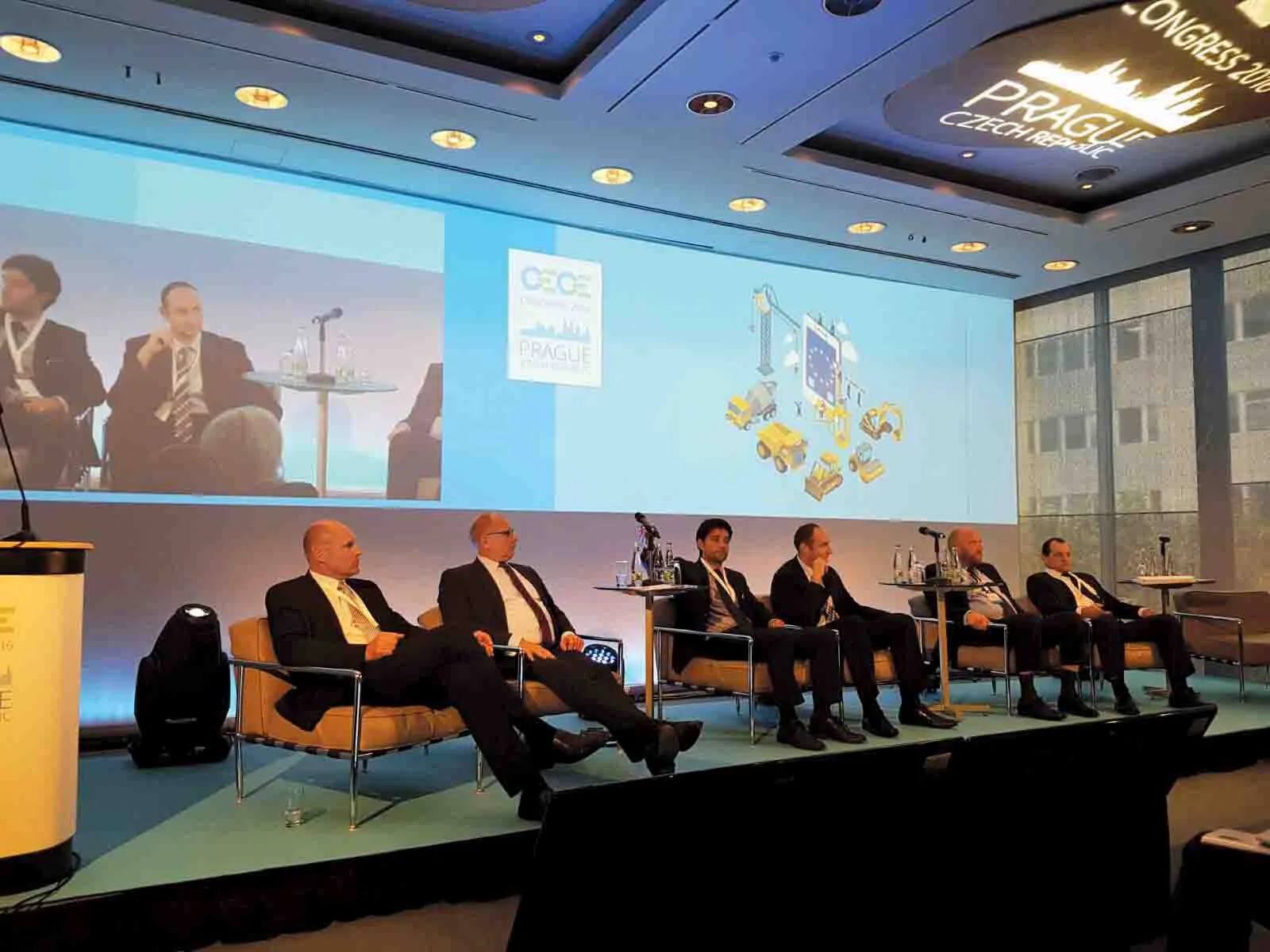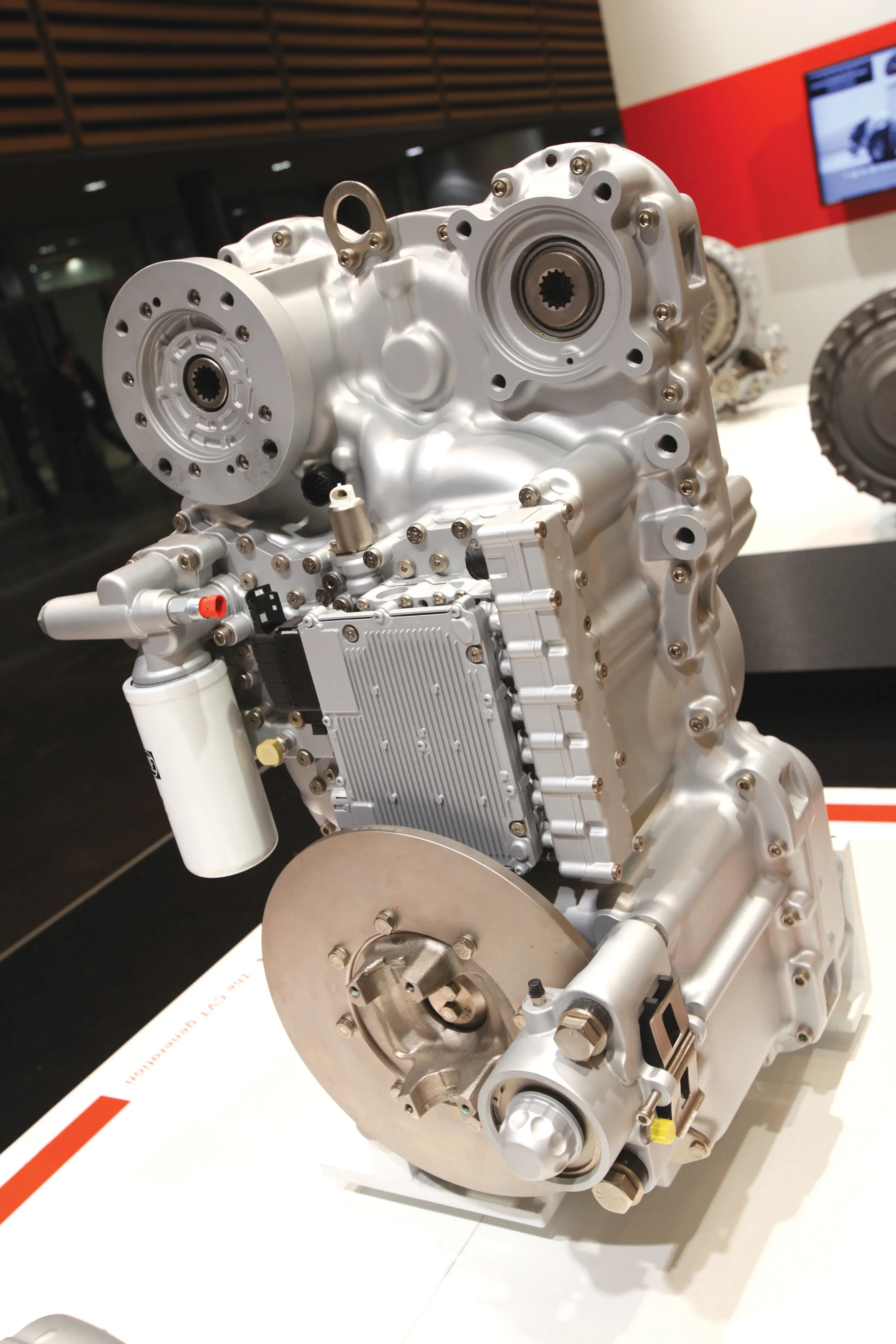
Digital Catapult is welcoming 10 AI-led startups to its accelerator programme. This forms part of the Innovate UK BridgeAI programme, aimed at driving the practical application of artificial intelligence (AI) in high-growth sectors.
The group will address operational inefficiencies in the UK’s construction industry by collaborating with Foster + Partners, Versarien PLC and Buro Happold, to assess how AI-driven innovation could be applied to solve sector-specific challenges.
The Innovate UK BridgeAI programme is delivered by Innovate UK, Digital Catapult, The Alan Turing Institute, the Hartree Centre (STFC) and the British Standards Institution (BSI), with over 2,500 organisations engaged, and focusing on sectors with high growth potential but low adoption rates. This is one of the several interventions delivered by deep tech innovation organisation Digital Catapult to enable deep tech startups to develop and commercialise their solutions, helping them to scale faster and bring products to market more effectively.
Digital Catapult says that its intervention in the construction industry will address key challenges by convening capabilities with the three industry leaders and 10 innovators. These challenges range from design and compliance to the integration of 3D construction printing and enhanced collaboration. By developing and deploying AI-driven solutions on the programme, Digital Catapult will drive the adoption of deep tech innovation in the sector, and unlock new economic opportunities, including construction optimisation.
AIConstruct is developing a parametric script generator for 3D printing in construction, Planninghub is enhancing its AI assistant for residential planning applications, and DONAA is prototyping a tool that combines sensor data and computer vision to assess material durability. Planarific is testing the use of aerial imagery for generating enriched 3D retrofit models and Gpeto AI is advancing its AI evaluation framework and model performance, ensuring that high-performing AI-tools are ready for real-world construction applications.
Several startups on the programme are also advancing AI tools to streamline construction workflows and improve decision making. Lattice is enhancing its AI capabilities for generative design, predictive maintenance, and better data exchange. Fairware is prototyping CliqAI, a real-time platform for materials insight and design for manufacturing analysis. BOHM is upgrading its decentralised data environment with automated ISO 19650 parsing, ChatTwin integration for intelligent queries, and AI-driven data segregation. Infinitive is developing an AI configurator for modular panelised systems, enabling generative design based on user inputs, while Constructify is continuing work on its AI-powered, end-to-end project management platform.
With building costs projected to rise by 17% over the next five years and minimal growth in output expected, the construction sector faces mounting pressure to apply deep tech innovation to address process challenges and productivity hurdles. By adopting AI-driven innovations, the industry can modernise practices, optimise resources and boost productivity. Digital Catapult supports startups in developing and scaling these solutions successfully by providing access to compute and connectivity, technological and innovation consultancy, and convening capabilities with industry leaders.
Commenting on the new initiative, Dr Stephen Hodge, Chief Executive Officer at Versarien, said: “The BridgeAI accelerator programme is a fantastic initiative to address some of the most pressing challenges in modern construction. At Versarien, we see immense potential in applying AI to optimise 3D Construction Printing, from supporting design efficiency to enhancing the durability of printed structures through material insights and sensor integration. Our team is eager to contribute and support startups in driving these solutions forward.”
Alain Waha, Chief Technology Officer at Buro Happold, said: “Digital Catapult's accelerator through the Innovate UK BridgeAI programme is a catalyst for change in the engineering and construction industry. The UK's immense AI talent must be mobilised to solve the systemic problems of the built environment. With these AI challenges, BridgeAI deepens how the industry, and Buro Happold, connect with the UK’s most innovative companies to tackle real industry problems. We look forward to transformational proposals from all applicants, and first steps to delivering outcomes by the cohort of successful startups.”
Jessica Rushworth, Chief Partnerships Officer, at Digital Catapult, said: "The High Growth AI Accelerator for BridgeAI is a transformative initiative delivered by Digital Catapult to fast-track the adoption of AI-driven deep tech solutions in the construction industry. By connecting deep tech startups with industry leaders such as Foster + Partners, Buro Happold, and Versarien, this programme bridges the gap between cutting-edge innovation and real-world application. I look forward to seeing practical AI solutions emerge from the programme that will shape the future of construction."
Martha Tsigkari, Head of Applied R+D at Foster + Partners said: “We recognise the significant value that initiatives such as the BridgeAI accelerator bring, aligning industry needs with innovative startups to promote the adoption of transformative AI technologies. We are eager to contribute to the impactful ideas that will emerge from this programme.”
Sara El-Hanfy, Head of Artificial Intelligence & Machine Learning at Innovate UK, said: “The adoption of AI in UK industry is fundamental to supporting the country’s economic growth. The announcement of the latest Innovate UK BridgeAI High Growth Accelerator cohort will drive sustainable growth within the construction sector by supporting ten innovative AI startups to develop and validate impactful solutions that address real-world challenges, while creating opportunities for long-term collaborative endeavours.”









